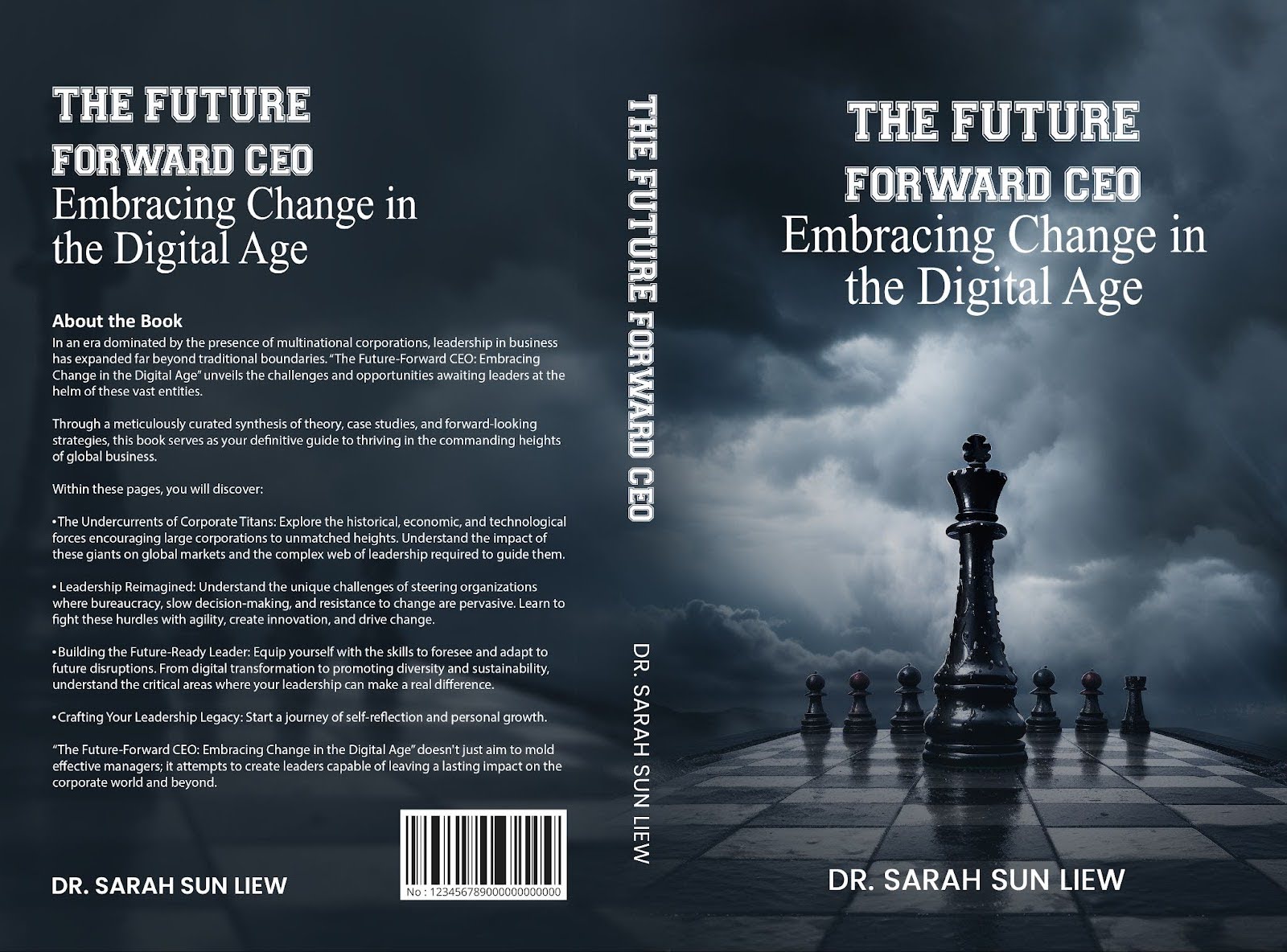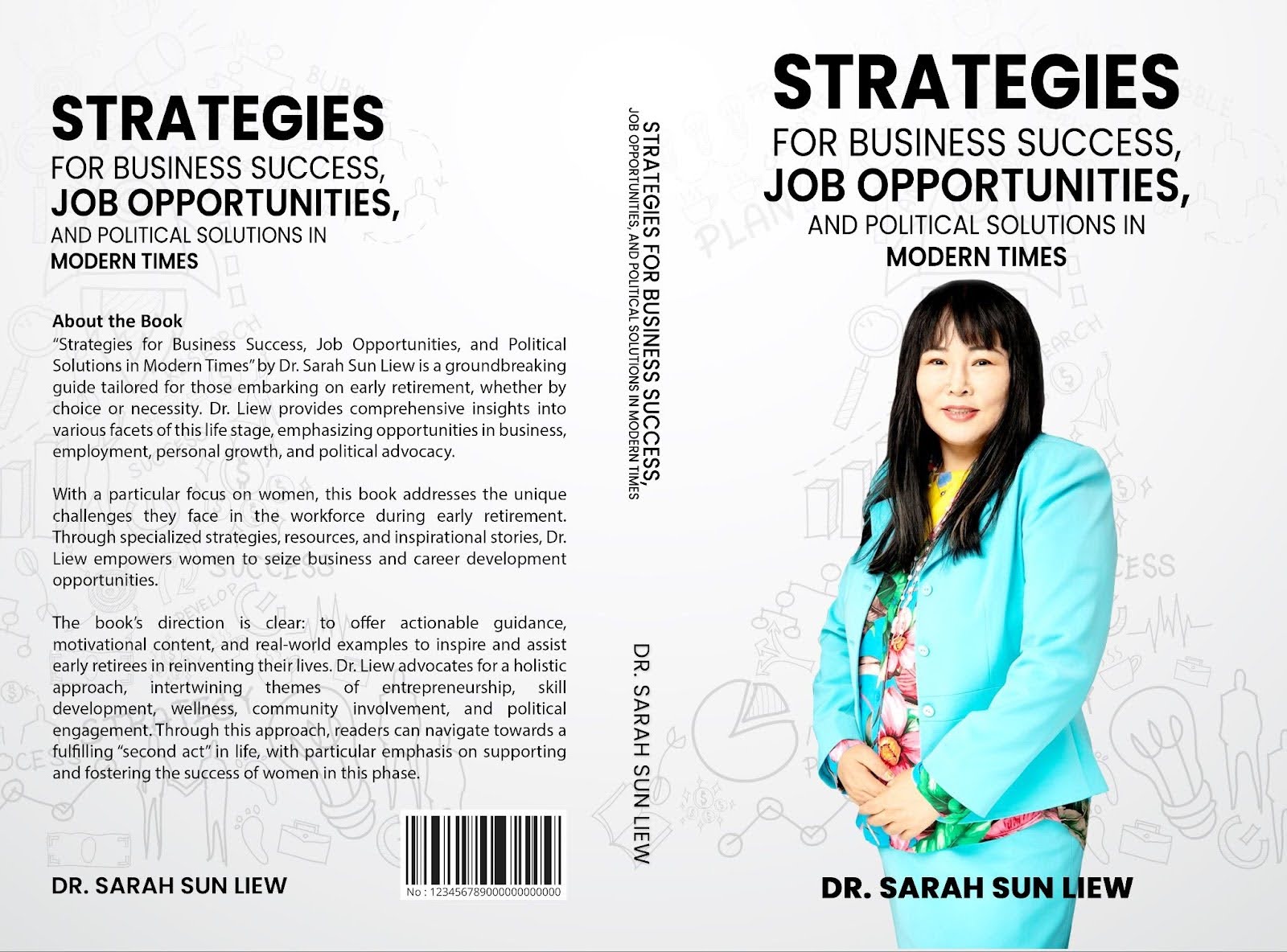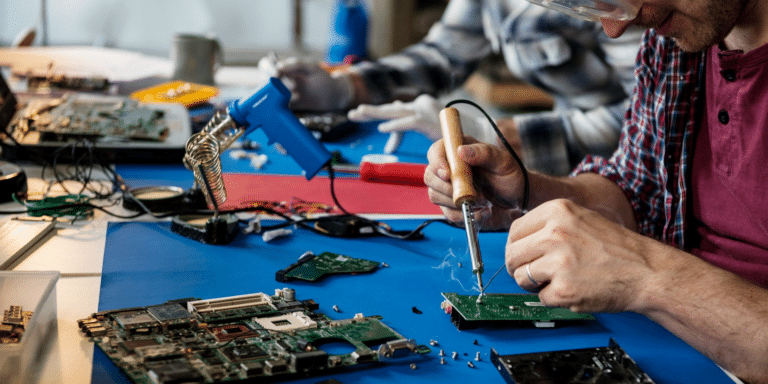In the dynamic realm of modern entrepreneurship, women are confronted with a distinctive array of challenges that permeate beyond professional confines, weaving into the intricate tapestry of their daily lives. Dr. Sarah Sun Liew, in her insightful examination within “Strategies for Business Success: Job Opportunities and Political Solutions in Modern Times,” explores a crucial hurdle—achieving work-life integration. This endeavor transcends the simplistic notion of balancing a scale between personal and professional duties; it is about intricately blending these spheres to nurture growth, happiness, and fulfillment across both domains.
The quest for work-life integration stands as a pivotal concern for women entrepreneurs who are determined to excel in their business ventures without compromising their personal well-being or family commitments. Attaining this equilibrium is not only about enhancing productivity and creativity but also about fostering resilience. The discourse presented sheds light on systemic obstacles while offering pragmatic solutions aimed at empowering women to thrive comprehensively.
One prominent challenge highlighted is the “dual burden” faced by many women entrepreneurs—the simultaneous demands of nurturing a business while managing household responsibilities. Dr. Liew articulates how societal expectations often impose an unwritten mandate on women to flawlessly balance these roles, sometimes at a significant personal toll including stress, burnout, or diminished professional ambitions.

Photo Courtesy: Dr. Sarah Sun Liew / Meridian Beverly Hills Investment and Legal Group
The chapter delves into how societal pressures and entrenched gender roles exacerbate challenges for women striving to expand their businesses alongside fulfilling primary caregiving duties at home. It calls for a critical reevaluation of these norms and champions policies that encourage equitable distribution of domestic tasks complemented by supportive measures like flexible working conditions and accessible childcare services.
Flexibility in work arrangements emerges as a foundational solution in enabling women entrepreneurs to adeptly manage both business operations and personal obligations. Control over one’s schedule—be it through remote work possibilities, adaptable hours, or part-time engagements—allows for more efficient stewardship over both spheres.
Dr. Liew emphasizes the transformative role technology plays in facilitating such flexibility, allowing businesses led by women to implement practices that cater to diverse needs without undermining productivity or potential for growth. These adaptive strategies are instrumental in retaining talent while promoting higher job satisfaction and overall achievement.
Moreover, comprehensive parental leave policies are underscored as crucial in creating equal opportunities for entrepreneurial parents regardless of gender. Dr. Liew posits that equitable parental leave not only mitigates the disproportionate burdens often borne by women but also encourages active co-parenting roles which defy traditional gender stereotypes.
Another vital aspect discussed is affordable childcare—an indispensable element that enables women entrepreneurs to wholeheartedly engage with their business endeavors without sacrificing family time. High childcare costs pose significant barriers; thus, advocating policy reforms aimed at making quality childcare services accessible to all families becomes imperative.
Additionally, addressing mental health emerges as an often overlooked yet paramount consideration within the narrative on work-life integration. The strain from juggling entrepreneurial pursuits with personal life can significantly impact mental well-being, leading to burnout among other health issues.
Forging robust support networks is delineated as another essential strategy in navigating work-life integration challenges successfully. Whether through local business groups, online platforms or peer mentorships, such communities offer invaluable resources for sharing experiences, resources, and emotional support.

Photo Courtesy: Dr. Sarah Sun Liew / Meridian Beverly Hills Investment and Legal Group
Lastly, the role of technological advancements in supporting women entrepreneurs receives due attention. Tools like cloud computing, video conferencing, and project management software afford greater flexibility in managing dual roles more effectively—a testament to embracing digital solutions as means towards achieving greater harmony between work and life aspirations.
“Strategies for Business Success” paints an envisioning world where work-life integration isn’t merely achievable but fundamental to the success of women entrepreneurs. Dr.Sarah Sun Liew provides a practical blueprint for empowering women to confront modern entrepreneurship’s challenges head-on without forsaking their personal joy or family life. Addressing systemic barriers, promoting flexible work arrangements,fostering inclusive policies,and building strong support networks are among the myriad strategies she advocatesfor.A move towards amore inclusiveand equitablebusiness landscape necessitates prioritizingwork-lifeintegration—not onlyforthe well-beingof individualwomenentrepreneursbutalsofortheprosperityofsocietyasawhole.
For those intrigued by Dr.Sarah Sun Liew’s forward-thinking approaches:
– Visit her author profile at: [wikitia.com/wiki/Dr._Sarah_Sun_Liew](http://wikitia.com/wiki/Dr._Sarah_Sun_Liew).
– Reach out directly via phone numbers (424) 343-7025 or (424) 777-6461.
– Email: Mgroupbh7@gmail.com
Published by: Nelly Chavez








